Study in Italy
Italy is one of the most renowned nations for higher education.
First step towards to your Italy Journey
Our Partner Universities
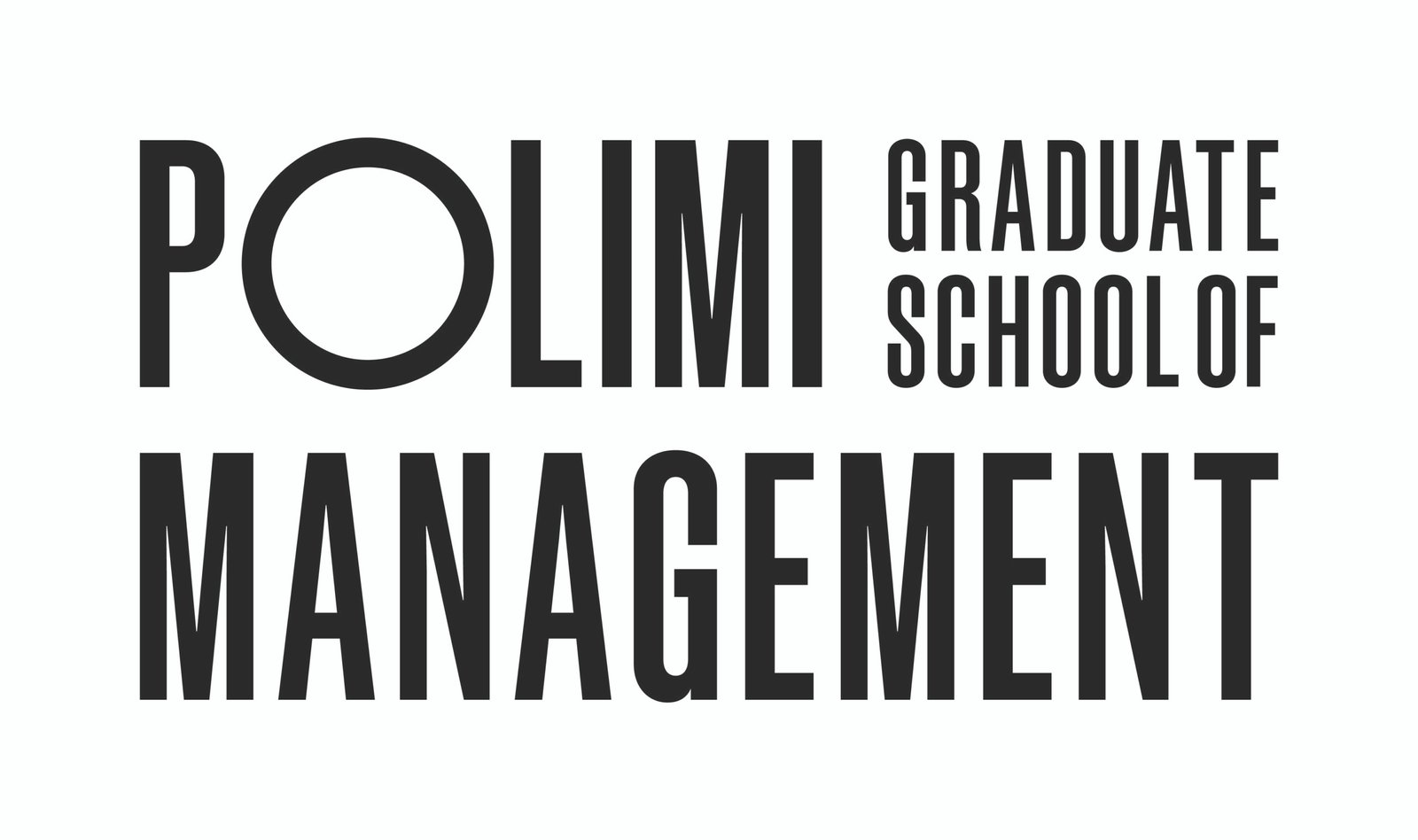
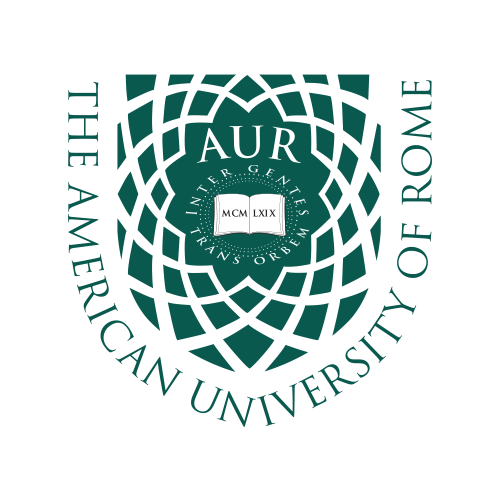









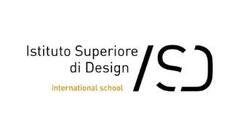
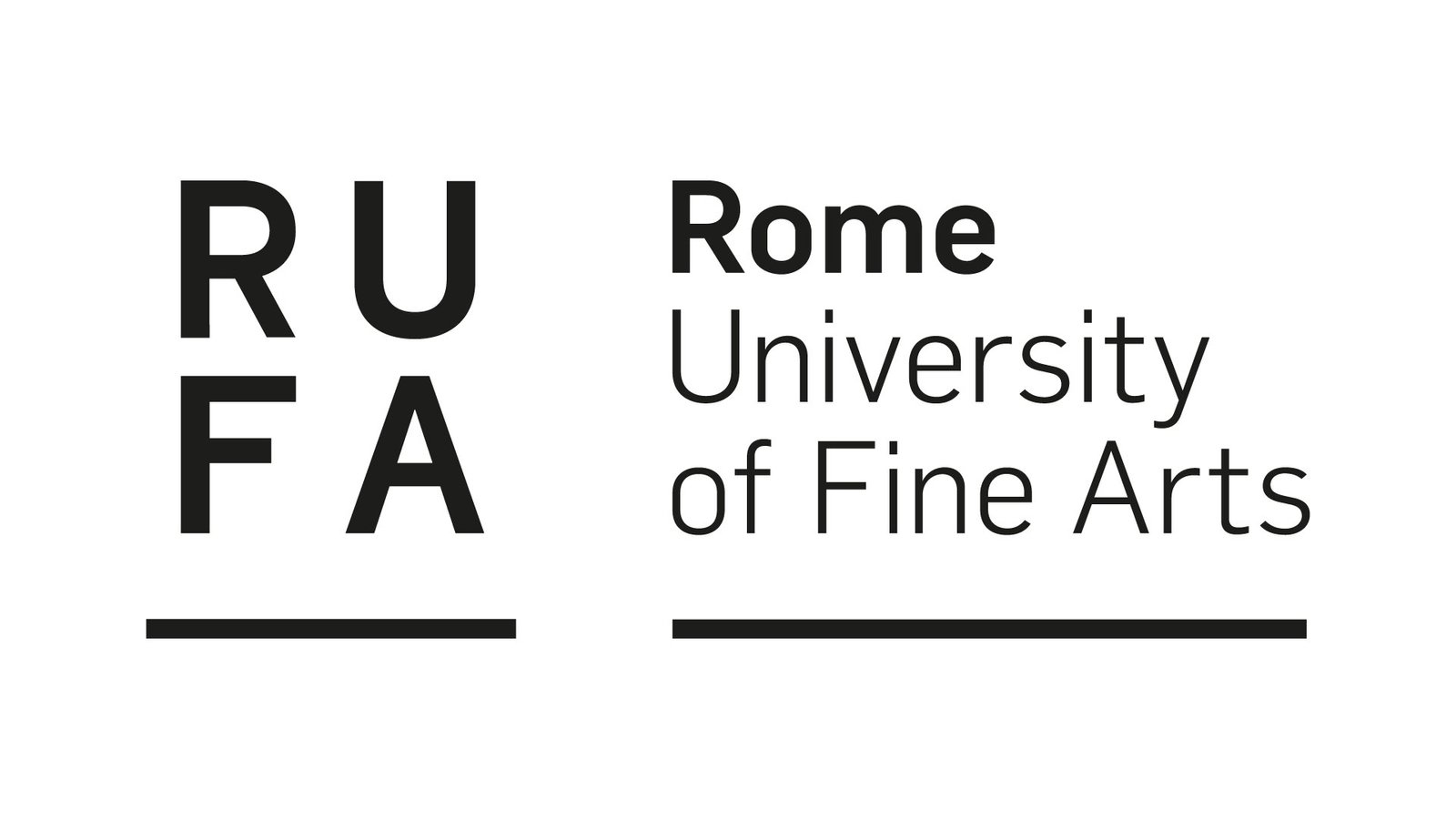
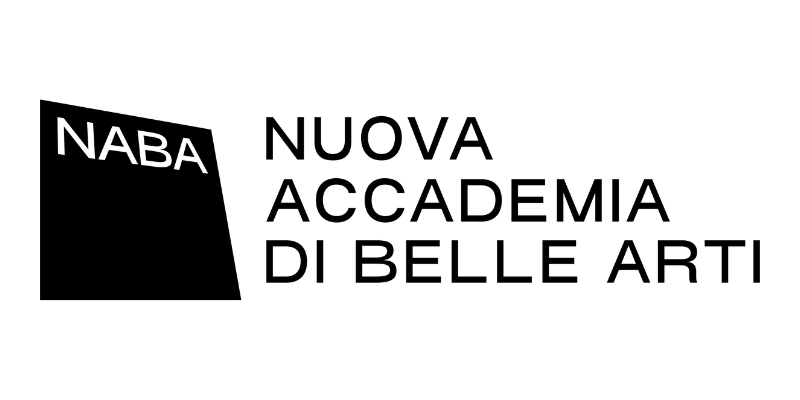
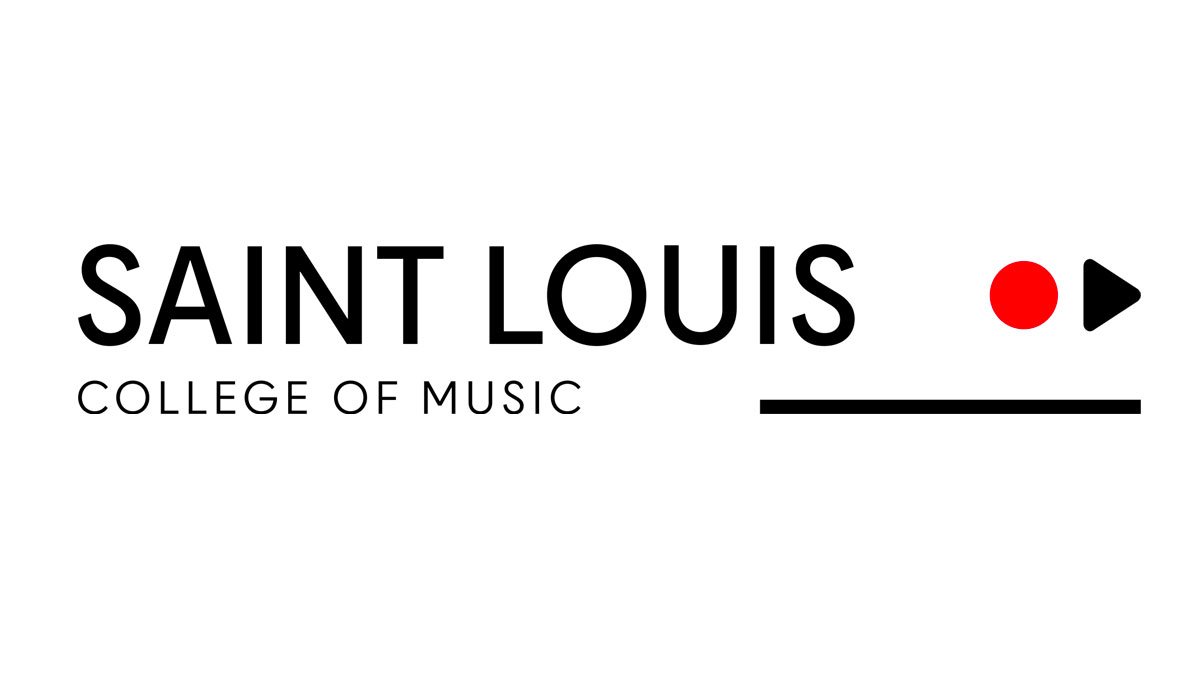
Know About Italy

Listed Universities
90+ Universities

Indian Diaspora in Italy
2,00,000

Capital
Rome

National Language
Italian

Population
59 million (2023)

Currency
Euro

Official Name
Italian Republic

Average Tuition Fee
£12000 – £22000
Overview
Italy is a land of rich history, art, and culture, making it one of the most attractive study destinations in Europe. Home to some of the world’s oldest universities, Italy offers a unique blend of tradition and innovation in education. With its strategic location in the heart of Europe, students have the opportunity to explore the continent while pursuing their studies. The Italian education system is renowned for its emphasis on creativity, critical thinking, and research, making it an ideal environment for academic growth.
Education System
- Italy is home to some of the world's oldest and most prestigious universities, offering a wide array of degree programs that attract students from around the globe. Italian universities are known for their strong emphasis on research, arts, and sciences, providing a well-rounded education in various disciplines.
- The Italian higher education system is divided into several categories, including universities, polytechnics, and academies. Universities in Italy are organized into faculties or departments, each specializing in different fields of study. It's essential for students to have a clear idea of the subject they wish to pursue before applying, as courses are often highly specialized.
- Unlike in some countries, the structure and governance of Italian universities are largely autonomous, with each institution having the freedom to design its curriculum and academic policies. However, the Ministry of Education, University, and Research (MIUR) oversees the overall educational framework, ensuring quality and consistency across the board.
- One of the key advantages of the Italian education system is its affordability. Tuition fees are generally lower compared to other European countries, making it an attractive destination for international students. Additionally, Italy offers a variety of scholarships and financial aid options to support students throughout their studies.
- The combination of rich cultural heritage, diverse academic offerings, and affordable education makes Italy a compelling choice for students seeking a high-quality education in a vibrant environment.
Why Choose Italy for Higher Studies
- Rich Cultural Heritage: Italy offers an immersive experience in one of the most culturally rich environments in the world, with art, architecture, and history at every corner.
- Globally Recognized Degrees: Italian universities are known for their academic excellence, and degrees from Italy are well-regarded internationally, enhancing employability across various sectors.
- Affordable Tuition Fees: Compared to other Western countries, Italy offers affordable tuition fees, making it a cost-effective destination for high-quality education.
- Diverse Study Options: Italy provides a wide range of programs, from art and design to engineering and technology, catering to various academic interests.
- Language Opportunities: While many programs are offered in English, studying in Italy also offers the chance to learn or improve your Italian language skills, adding a valuable asset to your resume.
- Vibrant Student Life: Italian cities like Rome, Milan, Florence, and Venice are vibrant hubs with a mix of history, modernity, and dynamic student communities.
- Work While Studying: International students can work part-time during their studies, providing financial support and practical experience in their field of study.
- Integrated Internship Opportunities: Many programs include structured internships, allowing students to gain hands-on experience and build industry connections.
- Scholarship Opportunities: Italy offers various scholarships and financial aid options for international students, making quality education more accessible.
- High Quality of Life: Italy provides a high standard of living, with excellent healthcare, safety, transportation, and recreational facilities ensuring a comfortable stay.
- Accessible University Housing: Universities in Italy often provide on-campus accommodation options, ensuring convenient and secure living arrangements for students.
- Focus on Research and Innovation: Italy is known for its contributions to research and innovation, particularly in fields like design, engineering, and the humanities.
- Gateway to Europe: Located in the heart of Europe, Italy offers easy access to other European countries, making it an ideal base for travel and exploration during holidays.
- Stay-Back and Work Opportunities: Italy offers post-study work visas, allowing graduates to stay and work in the country for up to 12 months after completing their studies.
Work Opportunities During Studies and After
Italy provides excellent stay-back options for international students with a post-study work visa, allowing graduates to stay and work for up to 12 months after completing their studies. Students can also work part-time while studying, offering financial support and valuable work experience. Italian universities assist with the visa application process, ensuring a smooth transition for international students. This support system makes Italy an attractive destination for those aiming to enhance their careers during and after their studies.
Cost of Living
Average Cost – Around
€8,000 – €12,000 yearly
Intakes
September, February

Cost of Tuition Fees in Italy
- International undergraduate tuition fees vary from €900 - €4,000 per year.
- Estimated average cost: €1,500 per year.
- International postgraduate tuition fees vary from €1,000 - €4,500 per year.
- Estimated average cost: €2,500 per year.
CAREERS AND EMPLOYMENT OPPORTUNITIES
- We can link students to university placement opportunities, which is an extra service offered by UK universities.
- While enrolled in classes, international students are permitted to work up to 20 hours per week off campus, and 40 hours per week while on holidays.
- After completing their program, international graduates of UK higher education institutions may work there for a maximum of two years.
- Every university in the United Kingdom (UK) also has a career services team that advises students on where to apply for the best jobs, how to prepare your resume, and how to pass the interview.
Cost of Living
International students arriving in Italy should budget approximately €600-€1,200 per month. This amount should cover housing, bills, groceries, and various living costs while pursuing their studies.

Estimate Your Budget for Italy Studies by Considering the Typical Expenses:
- Major Cities (Rome, Milan, Florence): €300 – €800 per month
- Smaller Cities: €200 – €600 per month
- Major Cities: €400 – €700 per month
- Smaller Cities: €300 – €500 per month
- Monthly Cost: €150 – €300
- Monthly Pass: €35 – €55
- Monthly Cost: €50 – €100
Note: The cost of living in Italy varies depending on the city or region. Major cities are generally more expensive compared to smaller towns.
Application Procedure for Italy
- Verify and authenticate original academic records (transcripts, diplomas).
- Calculate the overall percentage or GPA based on recent educational records.
- Check the student’s IELTS or other language proficiency test scores, if required.
- Research and select courses that align with the student’s academic background and goals.
- Accurately fill out the application form for the chosen university.
- Digitize all necessary documents, including academic records and language test scores.
- Submit the completed application form and all digitized documents through the university’s online portal or as instructed.
Eligibility Criteria for Study Abroad in Italy
MBA Programmes
- Bachelor’s Degree: A recognized undergraduate degree is required.
- Work Experience: At least 2-5 years of relevant work experience is typically required, though some programs may accept fresh graduates.
Master's Programme
- Bachelor’s Degree: A minimum of 3 years of undergraduate education in a related field is required, with a satisfactory academic record.
- Language Proficiency: For English-taught programs, an IELTS score of 6.5 overall, with no individual band below 6.0, is commonly required. For Italian-taught programs, proficiency in Italian is needed.
Bachelor's Programme
- Secondary Education: Completion of secondary education equivalent to the Italian high school diploma, typically with a minimum of 60-65%.
- Language Proficiency: For English-taught programs, an IELTS score of 6.0 overall, with no individual band below 5.5, is usually required. For Italian-taught programs, proficiency in Italian is necessary.
Courses Available

Business & Management

Computer Science & IT

Engineering Programmes

Fashion & Luxury Goods Management

Architecture & Design

Social Sciences


